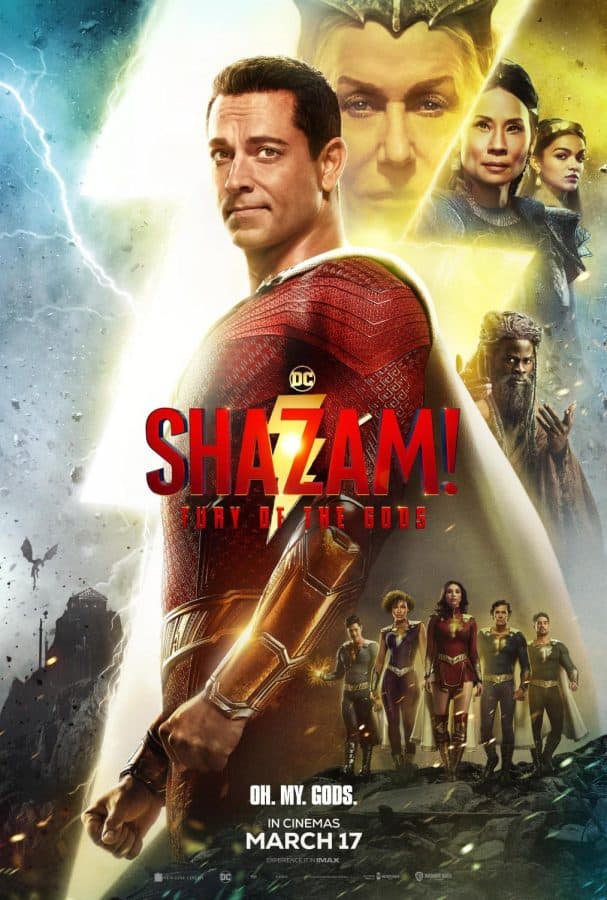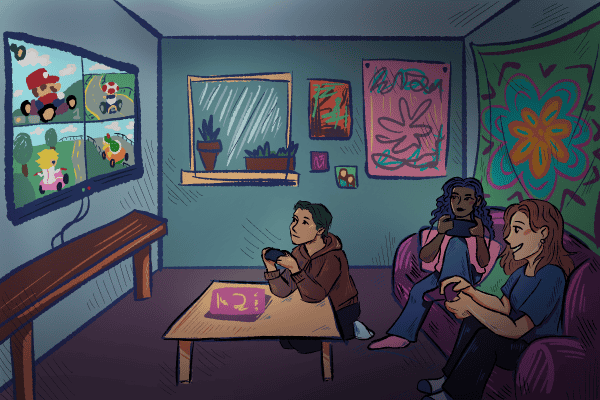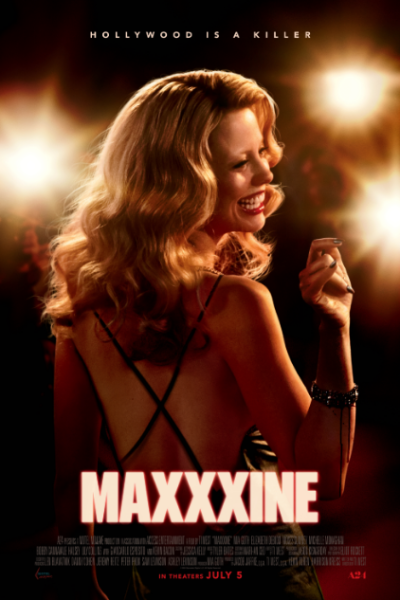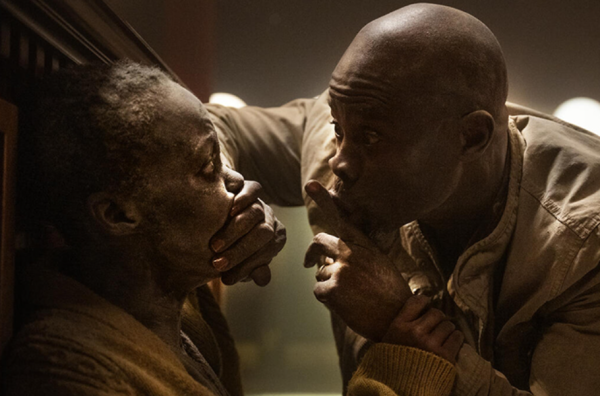Culture Pick: “Shazam: Fury of the Gods” represents everything wrong with comic book movie franchises
March 26, 2023
When “Shazam!” was released in 2019, filmgoers were in almost ubiquitous agreement. With a 90% on Rotten Tomatoes, it was a hit, combining wit, charm and goofy superhero fun into one of the DC Extended Universe’s biggest wins. Four years later, its follow-up, “Shazam! Fury of the Gods,” has hit theaters, and it has been met with considerably less exaltation, beholding a 52% on Rotten Tomatoes, a 47 on Metacritic and an opening weekend domestic box office of only half that of its predecessor. With a one-two punch of subpar filmmaking and embodiment of all the faults of the superhero genre, this reception might be too generous.
The film follows Shazam, alternatively Billy Batson, played by Zachary Levi, and his now-superpowered foster siblings, all of whom are grappling with the balancing act of thrilling hero work and day-to-day life. Jack Dylan Grazer’s Freddy still faces bullying for his physical disability, and he copes through the physical superiority of his alter-ego. Mary, played by Grace Caroline Currey, wants to go to college, meet new friends and get out into the world. Billy, only months away from aging out of the foster system, is struggling to reconcile his fear of being alone, enforcing an “all or none” rule for a group of siblings that increasingly desires independence.
Exacerbating this domestic stress is the appearance of the daughters of the Titan Atlas, who have come to take the staff of The Wizard which Billy broke and discarded in the first movie. With it, they set out to obtain the Golden Apple, which is the seed of the Tree of Life. However, among the daughters there is a disagreement on what to do with the Apple, which forms the movie’s biggest conflict.
Hespera and Anne, played by Helen Mirren and Rachel Zegler, argue for departing Earth and graciously reviving their previously destroyed realm, but Kalypso, played by Lucy Liu, wants to take vengeance on Earth by planting the Apple there. Doing so would wreak havoc on a planet unfit to hold the Tree of Life and bring about utter disaster.
This is a simplification of what is often a cacophonous story that seldom establishes its own rules and bounces around with little cohesiveness. Billy’s arc of fearing isolation is wrapped up in a way that does not fit its conflict. A plotline about the emotional separation between Billy and his foster mother is introduced in the first 15 minutes of the movie and then untouched for an hour and a half. A character revealed to be gay in the film’s third act has had his sexual exploration depicted by nothing more than an interested glance at a shirtless Philadelphia Phillies player in a Sports Illustrated magazine.
The writing is likewise muddled. It falls into the all-too-common trap of trying to emulate pop culture when its references will be frozen in time for the year-plus wait until release, and as such we are forced to listen to what are now antique relics, such as Tai Verdes’s “A-O-K,” played as if it were hot off the press, and the phrase “[subject] sucks balls,” which was outdated by the time the original “Shazam!” was released. There is also the undeniable effect of an older writer, who is in this case a 43-year-old Henry Gayden, trying, often with cringe-inducing results, to portray younger characters for a younger audience.
For its first hour and forty-five minutes, this is simply a below average eyeroll of a movie, one which produces more incredulous questions and winces than moments of enjoyment. It is in its final 15 minutes that it decides to rob itself of any redemptive qualities. It wanders out of the realm of “innocuously below average” and stops at the edge of the cliff, peers over, shrugs, and dives into the pit of “offensively deplorable.”
Without indulging in spoilers, let it be said that “Fury of the Gods,” with its final resolution, marks itself as a manifestation of everything that is wrong with comic book movie franchises and cinematic universes. If one wanted to make an argument against such franchises using the typical claims that they are devoid of emotional weight, overly infatuated with worldbuilding, and reliant on fanservice, one could point to this movie and be completely validated.
To a viewer who, though not obsessed with it, is a shameless enjoyer and, when need be, defender of the superhero genre, “Fury of the Gods” evoked a visceral reaction. It might not draw such drastic reactions from everyone in its audience, but the fact remains that this is a truly careless outing in a universe that has increasingly gotten away from them. God willing, “Guardians of the Galaxy: Volume 3” can be the palate cleanser comic book cinema needs.
“Shazam! Fury of the Gods” was released on March 17 and currently holds a 6.6 rating on IMDb. It can be viewed exclusively in theaters.











